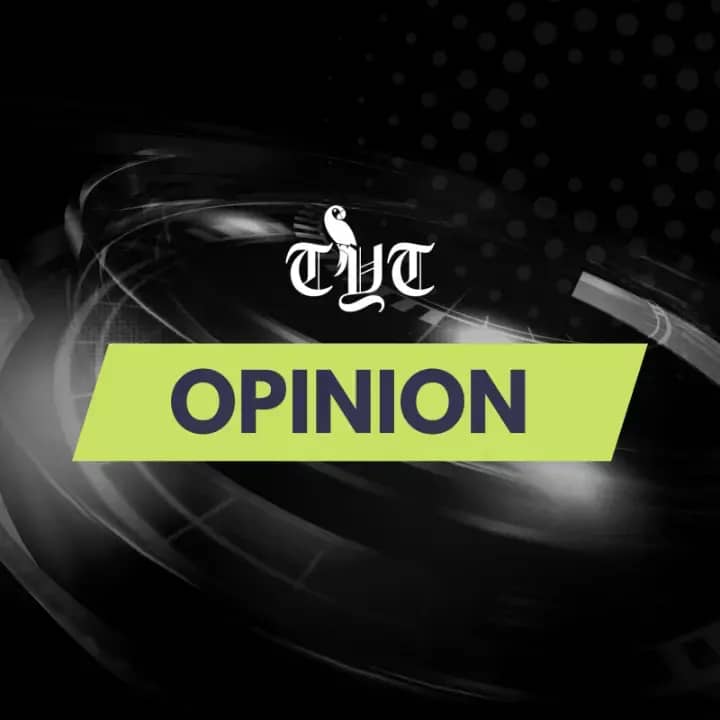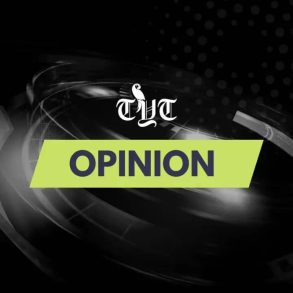THE QUIET INVASION OF YORÙBÁLAND
By Benjamin Adekunle
October 8, 2025
Yorùbáland is under a quiet invasion, not by guns or armies, but by fake goods, poisonous consumables, and dirty money disguised as business. Every day, substandard drugs, adulterated drinks, and counterfeit products flood our markets. They come through unregulated borders and are sold cheaply to desperate consumers who only want to survive. The result is a slow, devastating collapse of health, honesty, and economic independence.
DYING FROM WHAT WE EAT AND DRINK
While insecurity dominates headlines, the deadliest threat to our people may not be banditry or kidnapping. It is counterfeit commerce, a silent killer moving through our pharmacies, markets, and dinner tables.
Amnesty International reported in May 2025 that more than 10,000 people were killed by armed groups and bandits in northern Nigeria between 2023 and 2025, roughly 5,000 deaths a year. Those numbers are tragic. But a peer-reviewed global health study found that Nigeria alone loses an estimated 12,300 lives every year to poor-quality antimalarial drugs and that’s just one category of fake medicine.
When substandard antibiotics, blood pressure drugs, and toxic beverages are added, the true toll is likely far higher. In other words, we may now be losing more Nigerians each year to fake medicines and toxic consumables than to banditry.
The World Health Organization estimates that 1 in 10 medical products in low- and middle-income countries is either substandard or falsified. Across sub-Saharan Africa, nearly 500,000 people die annually from counterfeit medicines, according to the United Nations Office on Drugs and Crime. Nigeria is not immune, it is a central hub of this dark trade.
THE FAKE ECONOMY PARADOX
In today’s Yorùbáland, the poor spend more to remain poor. They buy cheap counterfeit goods that break within months, only to replace them again and again. A blender that should last five years fails in six months. A shoe that should last two years tears after a few weeks. Each replacement feels affordable, but over time they spend more for less, enriching those who profit from their hardship.
This vicious cycle destroys local industries that once made durable products. Genuine manufacturers are forced out, while traders of fakes grow rich. The market spins faster, yet it builds nothing. Productivity dies. Dignity fades.
THE RETAILER’S REPUBLIC
Our once-thriving markets have become playgrounds for external syndicates and middlemen who neither produce nor reinvest locally. Money made in Lagos, Ibadan, and Abeokuta flows out every evening through transfers to other states or countries. Warehouses rise, but factories vanish. Profits abound, but development disappears.
This is not trade. It is extraction; a slow, systematic bleeding of a people who no longer control their own economy.
DIRTY CAPITAL AND THE DEATH OF HONEST COMMERCE
Behind many of these fake businesses is dirty capital money from smuggling, tax evasion, foreign exchange racketeering, and kidnapping. These traders can afford to sell cheaper than honest people because their goal is not business; it is laundering.
A Yoruba trader who pays rent, staff, and taxes cannot compete with someone whose goods are untaxed and whose capital is unclean. The honest ones are pushed aside, mocked as lazy, and forced out of the market. Over time, truth loses its value and deceit becomes the new normal.
When a society begins to reward fraud and punish integrity, it starts to rot from within. What we are witnessing is not just economic decline, it is moral decay.
RECLAIMING THE MARKETPLACE
If people cannot trust what they buy, they cannot trust their community. The marketplace once the beating heart of Yorùbá civilization has become a danger zone. Reclaiming it requires more than regulation; it requires moral reconstruction.
Governments must act, yes, but so must our people. Traditional institutions, religious leaders, traders’ associations, and youth groups must all speak up against the fake economy. Every fake product we buy, every counterfeit drink we serve, is another nail in the coffin of our future.
Yorùbáland must choose: to continue feeding on poison and calling it progress, or to reclaim the dignity of honest trade that once made us a proud and prosperous people.






